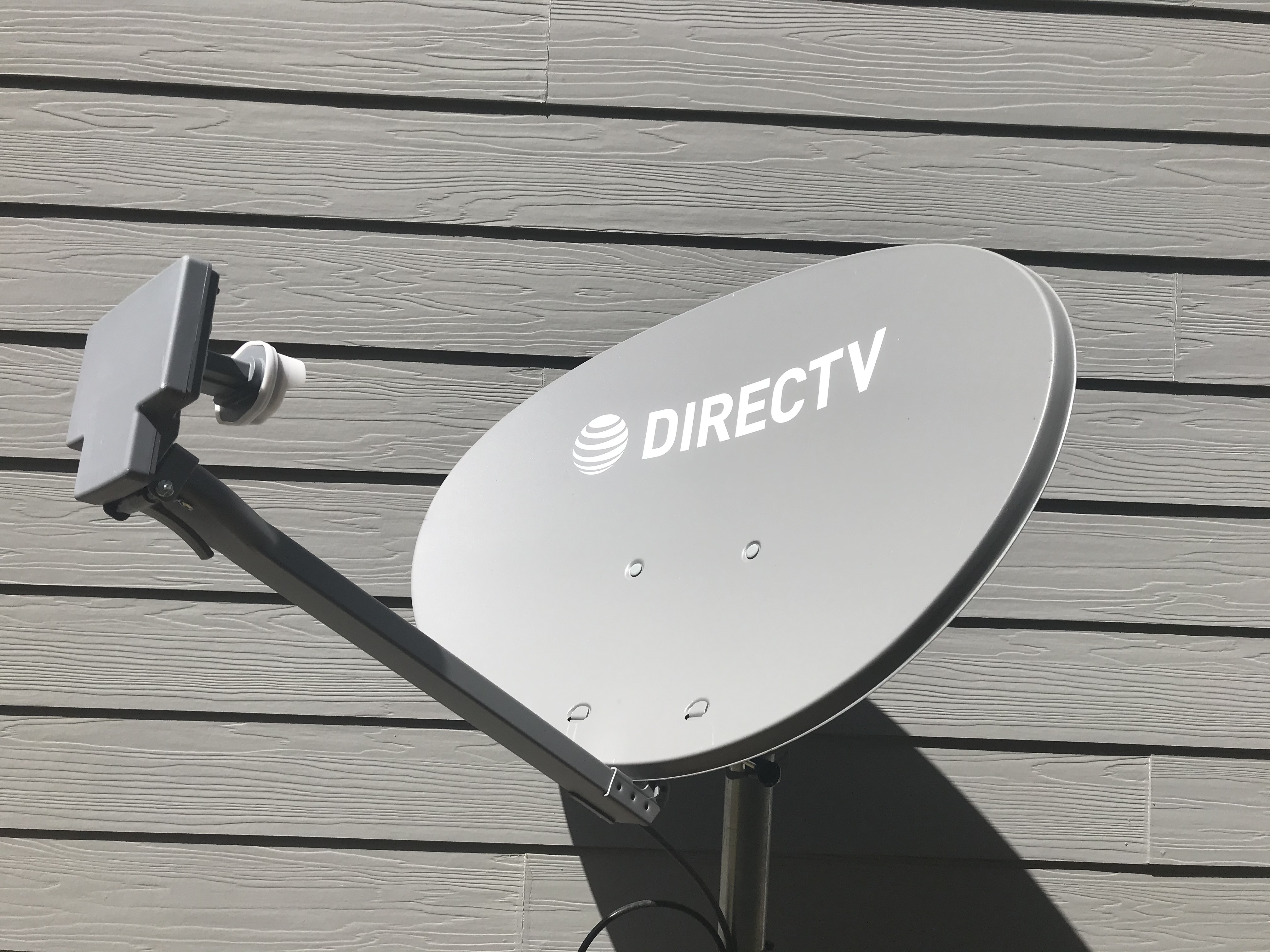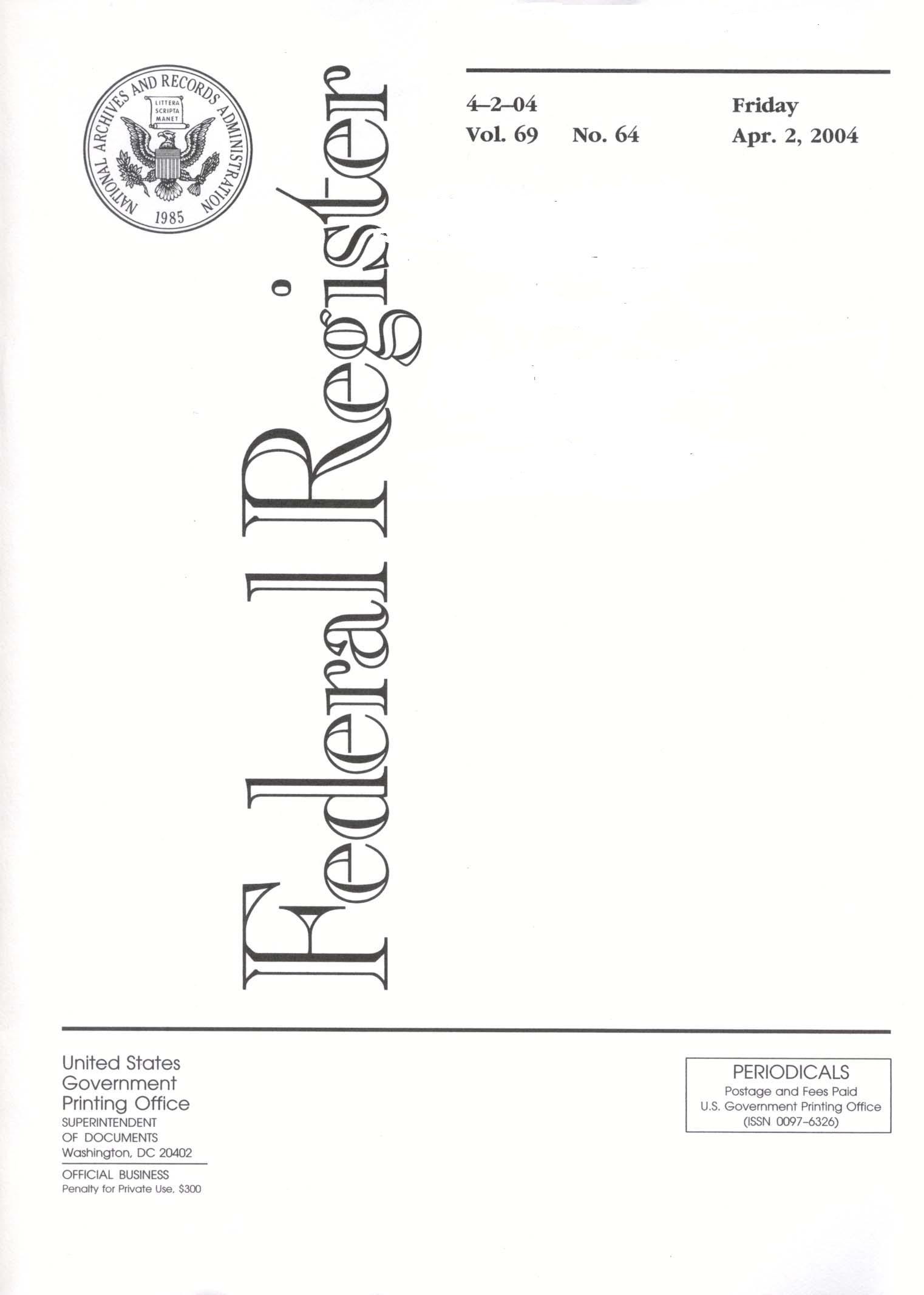|
TV Brasil
TV Brasil is a Brazilian public television network owned by Empresa Brasil de Comunicação. Its main headquarters are in Brasília, DF and Rio de Janeiro, RJ, with owned-and-operated stations in São Paulo, SP and in São Luís, MA, as well as 21 states where its affiliated broadcasters operate, all components of the Rede Pública de Televisão. History TV Brasil originated from a decree which created Empresa Brasil de Comunicação, the network's maintainer, published on 24 December 2007 in the ''Diário Oficial da União'', Brazil's official gazette. It was generated from the fusion of Empresa Brasileira de Comunicação - Radiobrás and Associação de Comunicação Educativa Roquette Pinto, responsible for the maintenance of the now defunct TVE Brasil - which was replaced by TV Brasil in several cities. [...More Info...] [...Related Items...] OR: [Wikipedia] [Google] [Baidu] |
Public Broadcasting
Public broadcasting involves radio, television and other electronic media outlets whose primary mission is public service. Public broadcasters receive funding from diverse sources including license fees, individual contributions, public financing and commercial financing. Public broadcasting may be nationally or locally operated, depending on the country and the station. In some countries a single organization runs public broadcasting. Other countries have multiple public-broadcasting organizations operating regionally or in different languages. Historically, public broadcasting was once the dominant or only form of broadcasting in many countries (with the notable exceptions of the United States, Mexico and Brazil). Commercial broadcasting now also exists in most of these countries; the number of countries with only public broadcasting declined substantially during the latter part of the 20th century. Definition The primary mission of public broadcasting is that of public servic ... [...More Info...] [...Related Items...] OR: [Wikipedia] [Google] [Baidu] |
Maranhão
Maranhão () is a state in Brazil. Located in the country's Northeast Region, it has a population of about 7 million and an area of . Clockwise from north, it borders on the Atlantic Ocean for 2,243 km and the states of Piauí, Tocantins and Pará. The people of Maranhão have a distinctive accent inside the common Northeastern Brazilian dialect. Maranhão is described in books such as '' The Land of the Palm Trees'' by Gonçalves Dias and ''Casa de Pensão'' by Aluísio Azevedo. The dunes of Lençóis are an important area of environmental preservation. Also of interest is the state capital of São Luís, designated a Unesco World Heritage Site. Another important conservation area is the Parnaíba River delta, between the states of Maranhão and Piauí, with its lagoons, desert dunes and deserted beaches or islands, such as the Caju island, which shelters rare birds. Geography The northern portion of the state is a heavily forested plain traversed by numerous rivers, ... [...More Info...] [...Related Items...] OR: [Wikipedia] [Google] [Baidu] |
Mass Media In Rio De Janeiro (city)
Mass is an intrinsic property of a body. It was traditionally believed to be related to the quantity of matter in a physical body, until the discovery of the atom and particle physics. It was found that different atoms and different elementary particles, theoretically with the same amount of matter, have nonetheless different masses. Mass in modern physics has multiple definitions which are conceptually distinct, but physically equivalent. Mass can be experimentally defined as a measure of the body's inertia, meaning the resistance to acceleration (change of velocity) when a net force is applied. The object's mass also determines the strength of its gravitational attraction to other bodies. The SI base unit of mass is the kilogram (kg). In physics, mass is not the same as weight, even though mass is often determined by measuring the object's weight using a spring scale, rather than balance scale comparing it directly with known masses. An object on the Moon would weigh less t ... [...More Info...] [...Related Items...] OR: [Wikipedia] [Google] [Baidu] |
TV Brasil
TV Brasil is a Brazilian public television network owned by Empresa Brasil de Comunicação. Its main headquarters are in Brasília, DF and Rio de Janeiro, RJ, with owned-and-operated stations in São Paulo, SP and in São Luís, MA, as well as 21 states where its affiliated broadcasters operate, all components of the Rede Pública de Televisão. History TV Brasil originated from a decree which created Empresa Brasil de Comunicação, the network's maintainer, published on 24 December 2007 in the ''Diário Oficial da União'', Brazil's official gazette. It was generated from the fusion of Empresa Brasileira de Comunicação - Radiobrás and Associação de Comunicação Educativa Roquette Pinto, responsible for the maintenance of the now defunct TVE Brasil - which was replaced by TV Brasil in several cities. [...More Info...] [...Related Items...] OR: [Wikipedia] [Google] [Baidu] |
Cinema Of Brazil
Brazilian cinema was introduced early in the 20th century but took some time to consolidate itself as a popular form of entertainment. The film industry of Brazil has gone through periods of ups and downs, a reflection of its dependency on state funding and incentives. History Early days A couple of months after the Lumière brothers' invention, a film exhibition was held in Rio de Janeiro. As early as 1898, Affonso Segreto supposedly filmed the Guanabara Bay from the ship Brésil on a return journey from Europe, though some researchers question the veracity of this event as no copy of the film remains. He would go on to make documentaries with his brother Paschoal Segreto. From the early beginning of the 20th century, as early as 1900 to the year of 1912, Brazilian films had made a major impact on the internal market, as they produced over an annual production of one-hundred films. It is the year of 1908, also coined Brazil's "golden age" of Cinema, that the country saw its ... [...More Info...] [...Related Items...] OR: [Wikipedia] [Google] [Baidu] |
Folha De S
''Folha de S.Paulo'' (sometimes spelled ''Folha de São Paulo''), also known as simply ''Folha'' (, ''Sheet''), is a Brazilian daily newspaper founded in 1921 under the name ''Folha da Noite'' and published in São Paulo by the Folha da Manhã company. The newspaper is the centerpiece for Grupo Folha, a conglomerate that also controls UOL (Universo Online), the leading Internet portal in Brazil; polling institute Datafolha; publishing house Publifolha; book imprint Três Estrelas; printing company Plural; and, in a joint-venture with the Globo group, the business daily ''Valor'', among other enterprises. It has gone through several phases and has targeted different audiences, such as urban middle classes, rural landowners, and the civil society, but political independence has always been one of its editorial cornerstones. Ever since 1986, ''Folha'' has had the biggest circulation among the largest Brazilian newspapers – according to data by IVC (Instituto Verificador de Circ ... [...More Info...] [...Related Items...] OR: [Wikipedia] [Google] [Baidu] |
Satellite Television
Satellite television is a service that delivers television programming to viewers by relaying it from a communications satellite orbiting the Earth directly to the viewer's location. The signals are received via an outdoor parabolic antenna commonly referred to as a satellite dish and a low-noise block downconverter. A satellite receiver then decodes the desired television program for viewing on a television set. Receivers can be external set-top boxes, or a built-in television tuner. Satellite television provides a wide range of channels and services. It is usually the only television available in many remote geographic areas without terrestrial television or cable television service. Modern systems signals are relayed from a communications satellite on the X band (8–12 GHz) or Ku band (12–18 GHz) frequencies requiring only a small dish less than a meter in diameter. The first satellite TV systems were an obsolete type now known as television receive-only. Thes ... [...More Info...] [...Related Items...] OR: [Wikipedia] [Google] [Baidu] |
Cable Television
Cable television is a system of delivering television programming to consumers via radio frequency (RF) signals transmitted through coaxial cables, or in more recent systems, light pulses through fibre-optic cables. This contrasts with broadcast television (also known as terrestrial television), in which the television signal is transmitted over-the-air by radio waves and received by a television antenna attached to the television; or satellite television, in which the television signal is transmitted over-the-air by radio waves from a communications satellite orbiting the Earth, and received by a satellite dish antenna on the roof. FM radio programming, high-speed Internet, telephone services, and similar non-television services may also be provided through these cables. Analog television was standard in the 20th century, but since the 2000s, cable systems have been upgraded to digital cable operation. A "cable channel" (sometimes known as a "cable network") is a tele ... [...More Info...] [...Related Items...] OR: [Wikipedia] [Google] [Baidu] |
São Luís, Maranhão
São Luís (, ''Saint Louis'') is the capital and largest city of the Brazilian state of Maranhão. The city is located on São Luís Island, Upaon-açu Island (Big Island, in Tupi language, Tupi Language) or São Luís island, Ilha de São Luís (''Saint Louis' Island''), in the Baía de São Marcos (''Saint Mark's Bay''), an extension of the Atlantic Ocean which forms the estuary of Pindaré River, Pindaré, Mearim River, Mearim, Itapecuru River, Itapecuru and other rivers. Its coordinates are 2.53° south, 44.30° west. São Luís has the second largest maritime extension within Brazilian states. Its maritime extension is 640 km (397 miles). The city proper has a population of some 1,108,975 people (2020 Brazilian Institute of Geography and Statistics, IBGE estimate). The metropolitan area totals 1,605,305, ranked as the List of largest cities in Brazil, 15th largest in Brazil. São Luís, created originally as ''Saint-Louis-de-Maragnan'', is the only Brazilian state capit ... [...More Info...] [...Related Items...] OR: [Wikipedia] [Google] [Baidu] |
Televisão Educativa
TV Educativa do Rio de Janeiro (also called as TVE Brasil or TVE RJ) was a major Brazilian public TV network based in Rio de Janeiro, now defunct. It was founded in November 5, 1975 and ended on December 2, 2007, being replaced by TV Brasil, the Brazilian federal government channel. TVE Brazil coordinated with TV Cultura and other regional public stations a nationwide public television network. For many years, TVE Brazil was fairly well watched amongst Brazilians, with some 16 million viewers reported. Until the beginning of the 1990, TVE Brazil was under the supervision of the Brazilian Ministry of Education. Until 2007, each medium was administered alone, there was no central body and every public station operated separately. Without a well-defined communication policy, successive changes in the presidency and total lack of fiscal responsibility by the directors, the Roquette Pinto Foundation went into bankruptcy with debts over R$ 34 million (equivalent to US$ 6 million in 2021 ... [...More Info...] [...Related Items...] OR: [Wikipedia] [Google] [Baidu] |
Agência Brasil
Agência Brasil (ABr.) is the national public news agency, run by the Brazilian government. The agency was founded in 1990 and it's part of the public media corporation Empresa Brasil de Comunicação (EBC), created in 2007 to unite two government media enterprises Radiobrás and TVE (Televisão Educativa). It is publishing contents under CC-BY. ABr is one of the most important Brazilian news agencies, that feeds thousands of regional newspapers and websites throughout Brazil but also national media outlets like Estadão, O Globo, Folha de S.Paulo, UOL and Terra and according to its CEO, reaches more than 9 million people each month. Agência Brasil has a team dedicated in translating journalistic content to English and Spanish. The Agency also works with public news entities, such as Lusa, Xinhua and Telam to produce and carry out international information. In 2020, the agency became Reuters partner, which made the flow of international news common in the content produced b ... [...More Info...] [...Related Items...] OR: [Wikipedia] [Google] [Baidu] |
Official Gazette
A government gazette (also known as an official gazette, official journal, official newspaper, official monitor or official bulletin) is a periodical publication that has been authorised to publish public or legal notices. It is usually established by statute or official action, and publication of notices within it, whether by the government or a private party, is usually considered sufficient to comply with legal requirements for public notice. Gazettes are published either in print, electronically or both. Publication within privately owned periodicals In some jurisdictions, privately owned newspapers may also register with the public authorities in order to publish public and legal notices. Likewise, a private newspaper may be designated by the courts for publication of legal notices. These are referred to as "legally adjudicated newspapers". See also *List of government gazettes **List of British colonial gazettes *Journals of legislative bodies *Annals *Newspaper of recor ... [...More Info...] [...Related Items...] OR: [Wikipedia] [Google] [Baidu] |

.jpg)
.jpg)




